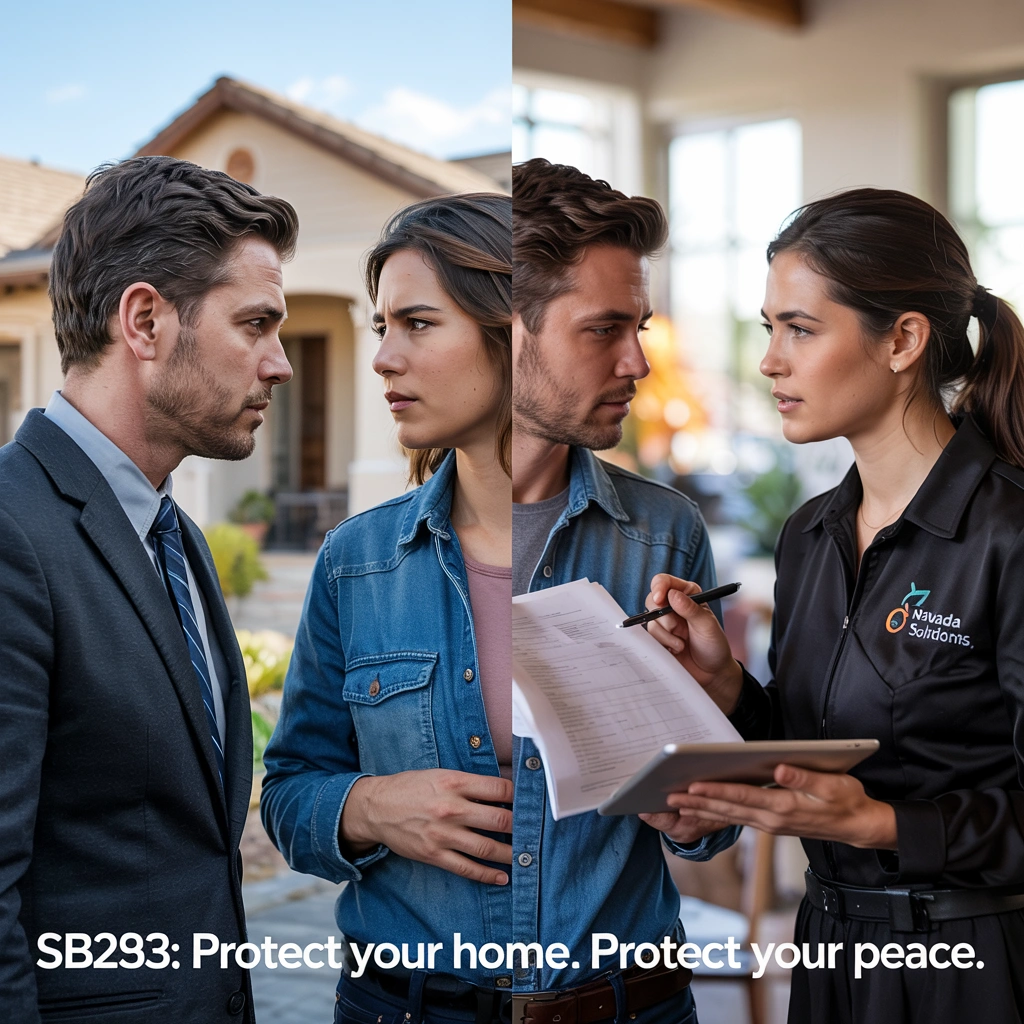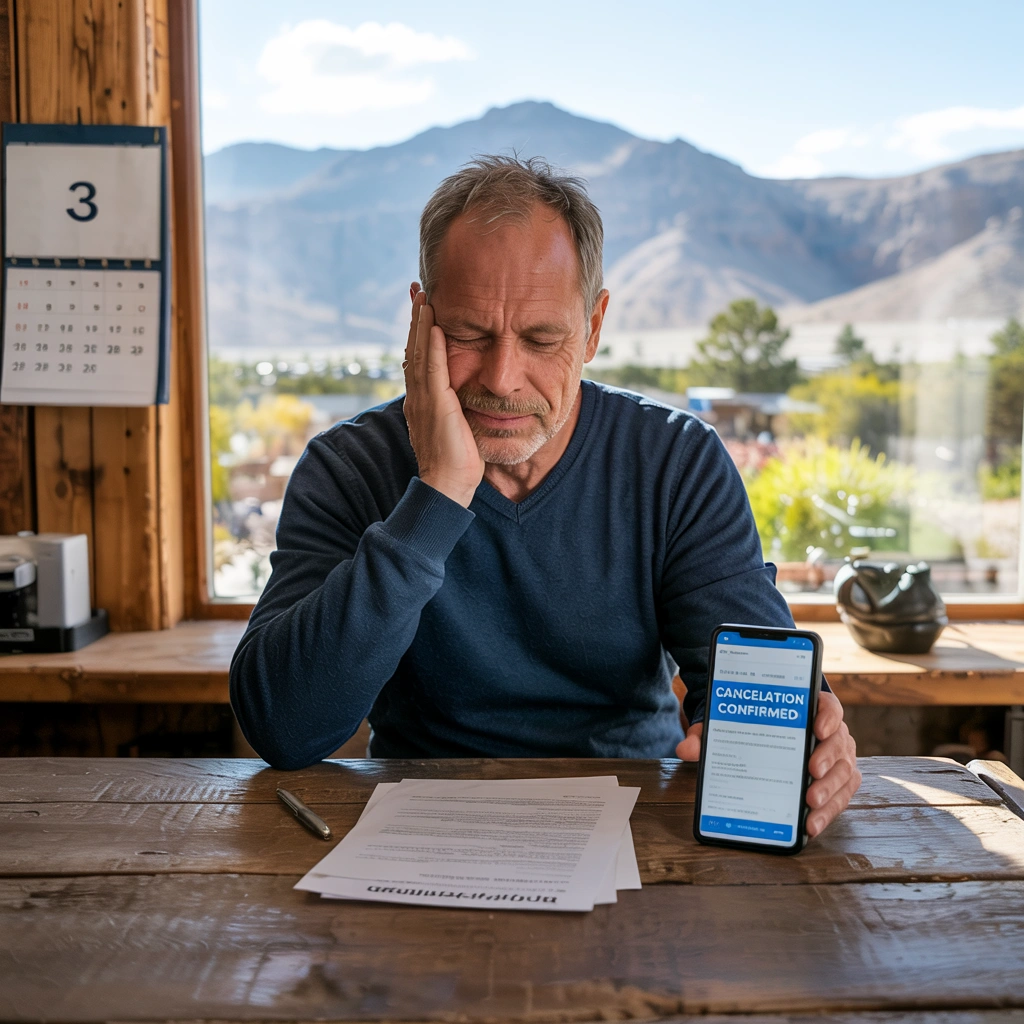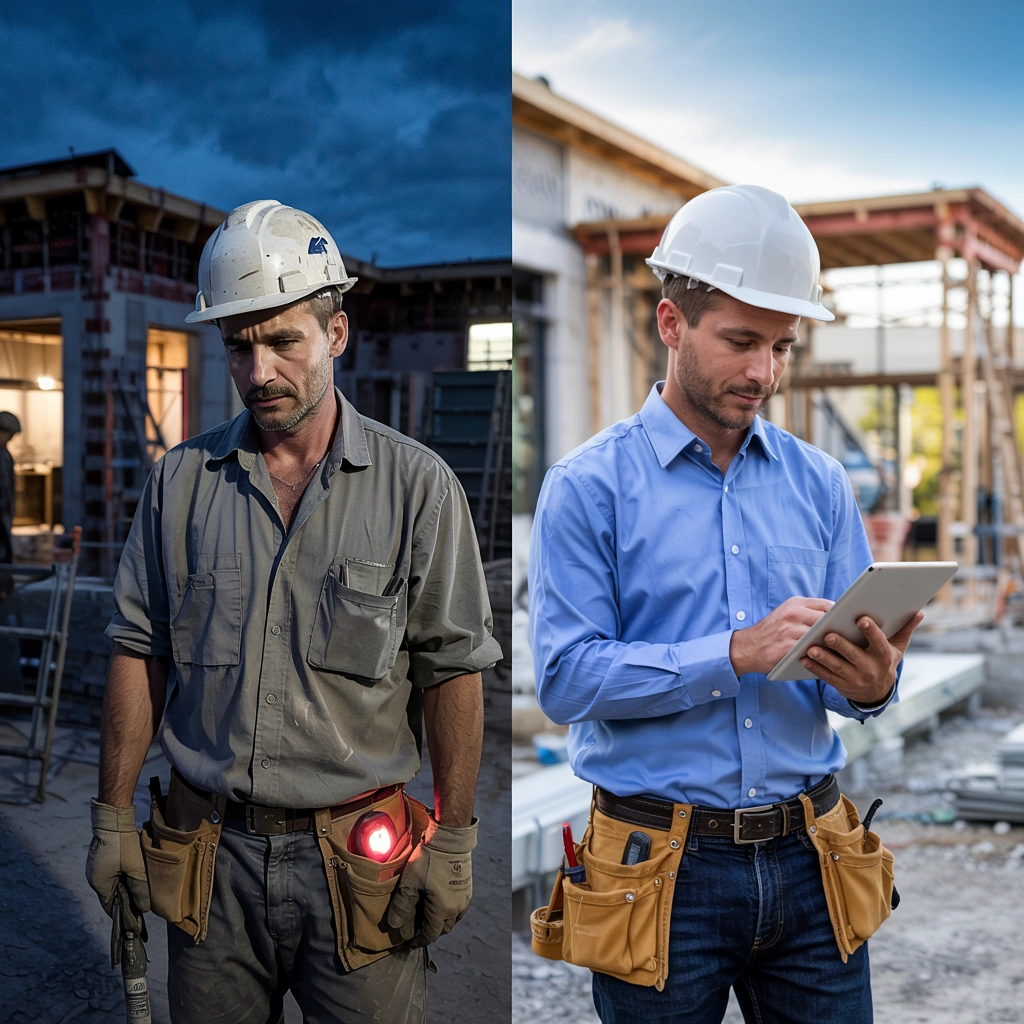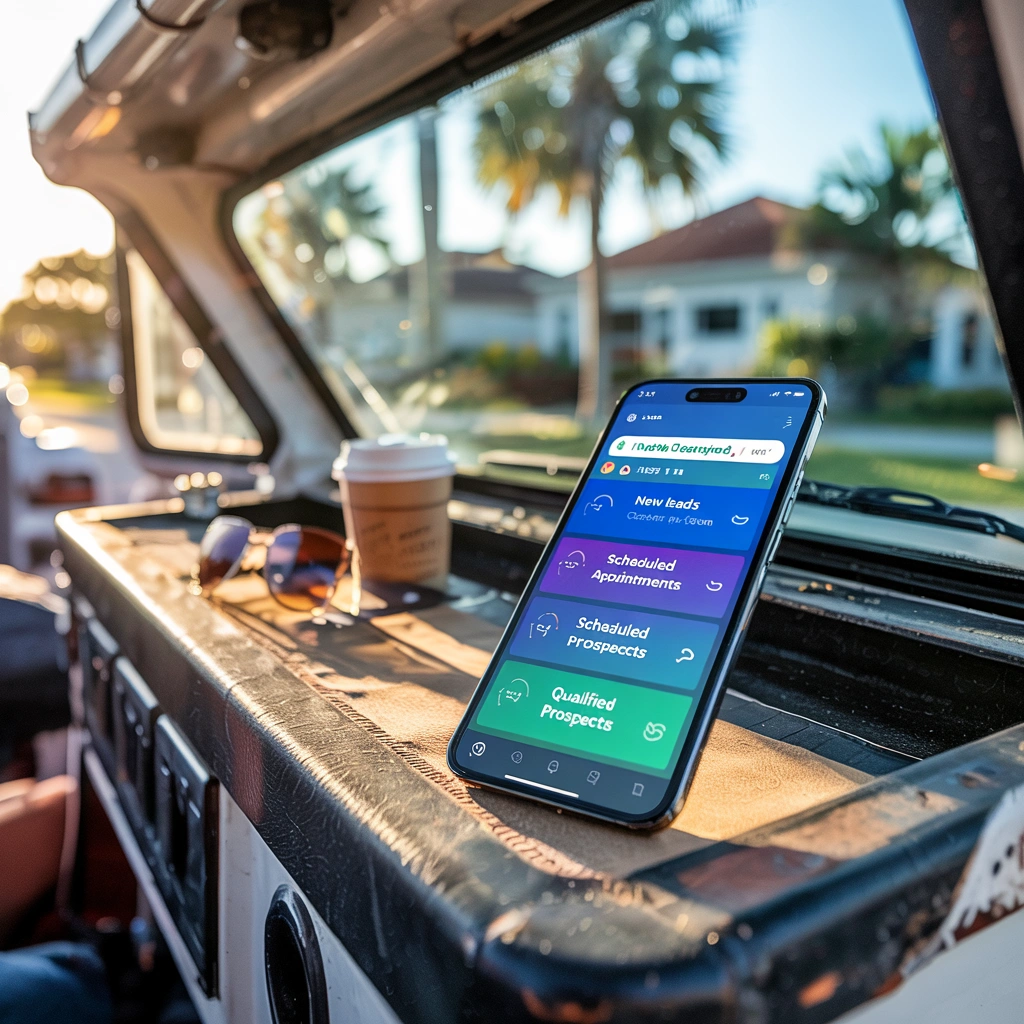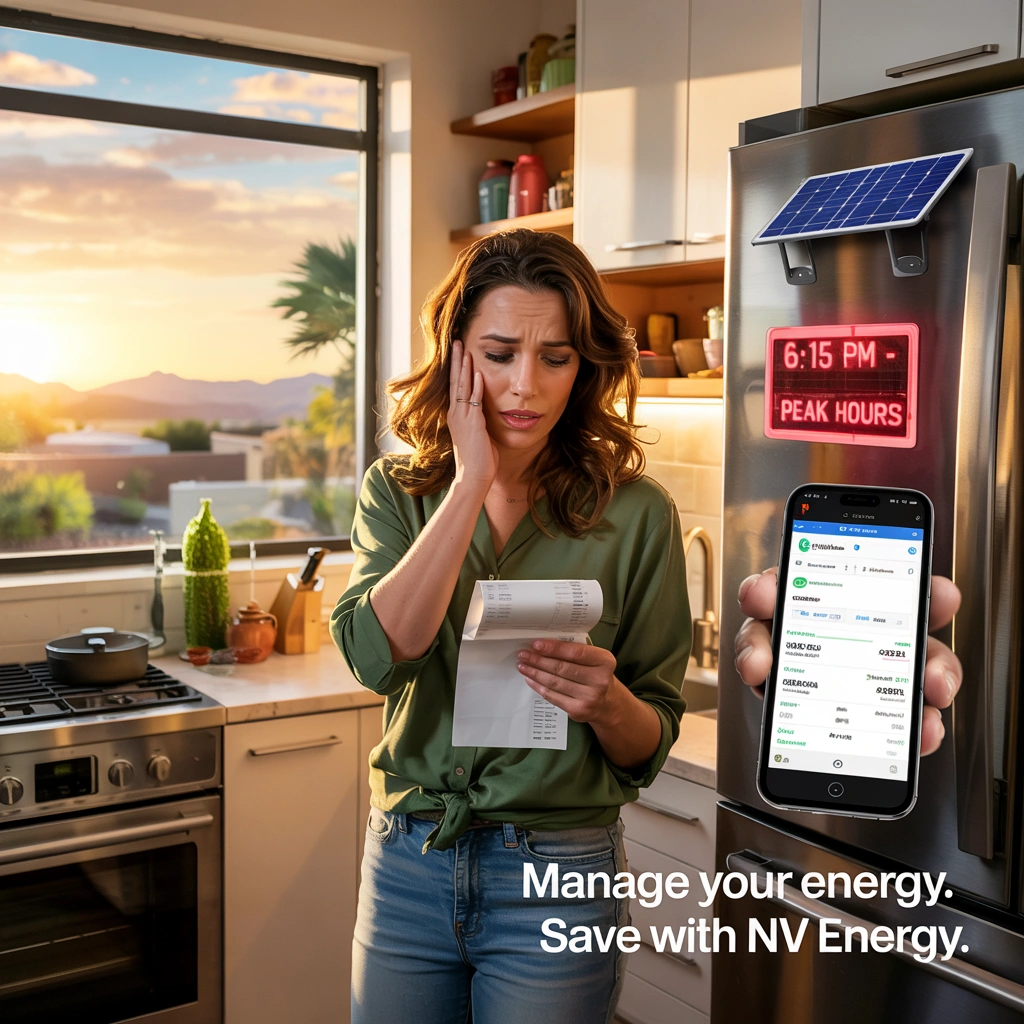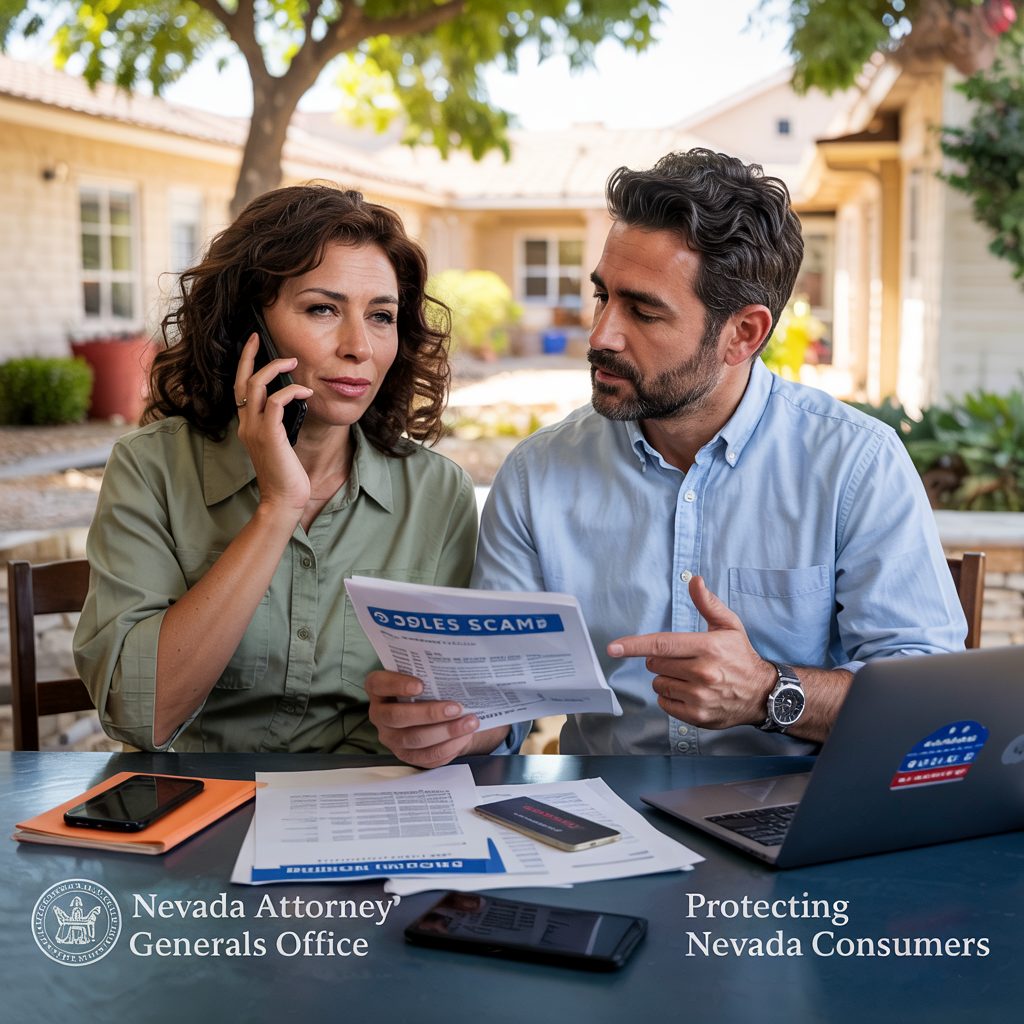
Summry: Solar scam complaints in Nevada have skyrocketed 455% since 2021, with older people being the primary targets. If you’ve been approached by a “government-affiliated” solar company or pressured into signing immediately, here’s exactly how to fight back.
Key Takeaways
- Nevada residents can report solar scams directly to the Attorney General’s office through multiple contact methods, including phone, online forms, and email
- Solar scam complaints have increased by approximately 455% from 2021 to 2024, with most victims being adults 60 years or older
- The Nevada State Contractors Board receives nearly 3,000 complaints annually, with approximately 1,000 involving solar companies
- Proper documentation, including contracts, payment records, and communication logs, strengthens scam reports and helps investigators build cases
- Attorney General Aaron Ford actively investigates consumer fraud and has secured over $118.5 million in recoveries for Nevada consumers
Solar scams cost Nevada homeowners thousands of dollars each year through fraudulent practices and misleading sales tactics. When deceptive solar companies target residents, reporting these scams protects both individual victims and the broader community from ongoing fraud.
Common Solar Scams Targeting Nevada Homeowners
Solar scams in Nevada take many forms, from completely fraudulent businesses to legitimate companies using misleading information. These scams reach homeowners through door-to-door sales, telephone calls, online interactions, and official-sounding company names designed to deceive consumers.
Government imposter scams have become particularly widespread in Nevada. Companies falsely claim government affiliation by using names like “Nevada Department of Clean Energy” when no such agency exists. These fraudsters exploit official-sounding titles to convince homeowners their business operates on behalf of state, county, or city governments.
False savings promises represent another common tactic. Sales representatives often claim homeowners will eliminate electricity bills, which simply isn’t accurate. Even with solar panels, customers typically continue receiving both utility bills and solar company payments. Understanding protection strategies helps homeowners recognize these misleading claims before signing contracts.
When You Should Report a Solar Scam
1. Government imposter claims and fake affiliations
Report immediately when solar companies claim government affiliation or use official-sounding agency names. Nevada has no state agency promoting or selling solar systems door-to-door. Companies using names suggesting government connection violate consumer protection laws and warrant immediate Attorney General attention.
2. False savings promises and ‘free’ solar offers
Solar companies making unrealistic savings claims or offering “free” solar installations require reporting. While solar can reduce energy costs, claims about completely eliminating utility bills are false and misleading. True solar savings depend on multiple factors, including system size, energy usage, and local utility rates.
3. High-pressure sales tactics and immediate signing demands
Pressure tactics demanding same-day contract signing indicate fraudulent operations. Legitimate solar companies respect customers’ need to review contracts thoroughly and make informed decisions. Representatives who refuse to provide adequate review time or threaten limited-time offers likely operate deceptive businesses.
4. Excessive down payment demands beyond Nevada limits
Nevada law limits down payments for residential solar projects to either 10% of the total contract value or $1,000, whichever is less. Companies demanding higher down payments violate state law and require immediate reporting to protect other potential victims.
5. Unlicensed contractor activity and missing protections
All solar installers must hold valid Nevada contractor licenses from the Nevada State Contractors Board. They may be licensed under License Classification C-37 (solar contracting) or perform solar work under other classifications, such as C-1 (plumbing and heating) for solar thermal installations, or C-2 (electrical contracting) for photovoltaics. Additionally, a PV installer must hold a license as a photovoltaic installer, issued by the Department of Business and Industry, Division of Industrial Relations, Occupational Safety and Health. Unlicensed contractor work represents approximately 40% of solar-related fraud cases reported to the Nevada State Contractors Board. Missing required consumer protections like three-day cancellation rights also indicate illegal operations.
How to File Your Solar Scam Complaint
File online through the Attorney General’s website
The Nevada Attorney General’s office provides online complaint forms accessible through ag.nv.gov. Online filing allows detailed documentation submission and creates permanent records for investigators. The system accepts uploaded documents, including contracts, communications, and payment records supporting complaint details.
Contact the Bureau of Consumer Protection hotline
Direct phone contact with the Bureau of Consumer Protection provides immediate assistance for urgent solar scam situations. The Consumer Hotline at (702) 486-3132 or toll-free at (888) 434-9989 connects Nevada residents with trained staff who can guide reporting procedures and provide immediate advice for ongoing scam situations.
Additional contact numbers include the Carson City office at (775) 684-1100, Las Vegas office at (702) 486-3420, and Reno office at (775) 687-2100. Email contacts include info@ag.nv.gov for general inquiries and aginfo@ag.nv.gov for specific consumer issues.
Gather documentation before filing
Collect all materials related to solar transactions before filing complaints. Required documentation includes signed contracts, sales presentations, email communications, text messages, payment records, and photos of property or installation work. Audio or video recordings of sales presentations provide particularly valuable evidence for investigators.
What Documentation You Need to Include
1. Personal information and company details
Complete personal information includes full name, contact details, and property address where solar work occurred. Company information should include business name and aliases used, sales representative names, physical address or website, and any license numbers claimed by the company.
2. Contracts, advertisements, and company promises
Provide all written materials, including contracts, sales brochures, advertisements, and promotional materials. Document specific promises made by sales representatives, especially claims about savings, government affiliations, or special offers. Include screenshots of company websites or social media advertisements used during the sales process.
3. Timeline of events and financial losses
Create detailed timelines including dates of initial contact, sales presentations, contract signing, and payment schedules. Document specific misleading statements made during sales interactions and calculate total financial losses, including down payments, monthly payments, and additional costs incurred.
4. Communication records and witness information
Include email chains, text message screenshots, voicemails, and any recorded conversations with company representatives. Provide witness contact information if others observed sales presentations or deceptive practices. Documentation of follow-up attempts to contact the company helps establish patterns of avoidance or unresponsiveness.
Additional Nevada Consumer Protection Resources
Nevada State Contractors Board
The Nevada State Contractors Board operates a specialized Solar Investigations Unit addressing the increasing number of solar-related complaints. Homeowners can check contractor licenses at nscb.nv.gov or email solar-specific complaints to solar@nscb.state.nv.us. The board investigates both licensed and unlicensed contractors and handles licensing violations.
Nevada Consumer Affairs
Nevada Consumer Affairs, part of the Department of Business and Industry, assists residents experiencing financial hardship or loss due to fraud or deceptive business practices. Contact their toll-free number at (844) 594-7275 or visit consumeraffairs.nv.gov for additional support and resources beyond Attorney General services.
Nevada Department of Business and Industry
The Public Utilities Commission of Nevada operates a Consumer Complaint Resolution Division investigating complaints against solar installation companies. Contact Southern Nevada at (702) 486-2600 or Northern Nevada at (775) 684-6100. This resource handles utility-related solar issues and works in coordination with other state agencies to protect consumer interests.
Your Report Helps Protect Other Nevada Homeowners
Individual solar scam reports contribute to building cases against fraudulent operators. Attorney General Ford actively combats misinformation about solar energy and holds companies accountable for misleading sales practices. The Bureau of Consumer Protection has secured over $118.5 million in recoveries for Nevada consumers, demonstrating the effectiveness of coordinated enforcement efforts.
Reporting solar scams helps investigators identify patterns of fraudulent activity and take enforcement action against repeat offenders. Even if individual cases don’t result in personal restitution, complaints provide needed evidence to stop fraudulent operators from victimizing other Nevada residents. The Nevada solar scam complaint process protects entire communities when homeowners take prompt action against deceptive practices.
Your complaint may provide the evidence needed to shut down fraudulent operations and prevent additional victims in Nevada communities. Contact the Attorney General’s office today to file your solar scam report and help protect fellow homeowners from financial harm.
M&J Trusted Marketing helps Nevada homeowners navigate complex consumer protection issues and make informed decisions about solar energy investments.
Frequently Asked Questions
How Solar Installation Companies Can Leverage This Content
This informative article, “How to Report a Solar Scam to the Nevada Attorney General’s Office.” can be adapted and repurposed across multiple marketing formats to help increase website traffic for kitchen remodeling services, build trust with potential clients, and differentiate their services in a competitive market. We help with “Transform Technical Solar Know-How Into Leads: Marketing for Nevada Solar Companies“ by transforming technical content into powerful marketing campaigns across all digital channels, ensuring maximum reach and engagement with potential customers.
